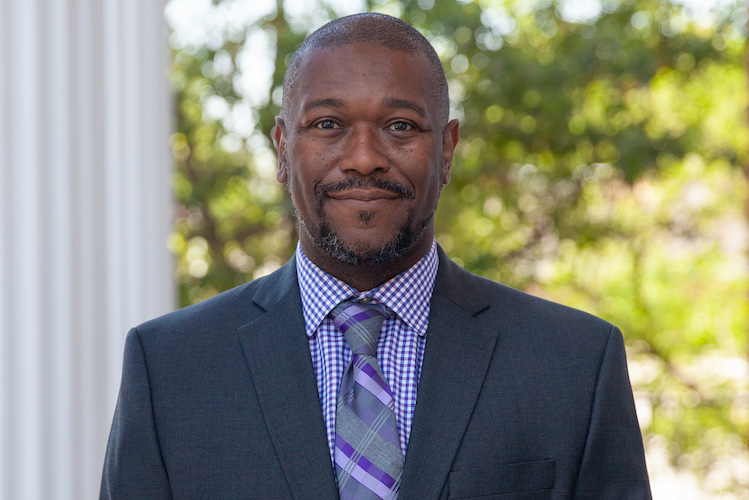We are living through a time of profound spiritual disorientation, political extremism, and cultural fragmentation. At the Institute for Black Church Studies, we continue to confront this moment not with platitudes, but with prophetic clarity. This month, I’ve released three additional essays—From Civil War to Culture War, King’s Dream Turned Nightmare, and The Moral Crisis of Inaction—as part of our ongoing effort to help the church and the nation reckon with the collapse unfolding around us.
Together, these essays form a kind of theological triptych—each offering a distinct lens, yet all converging on a single, sobering truth: the American crisis is not merely political or cultural, but spiritual. If the church is to remain faithful in this hour, it must recover its prophetic edge. While each article addresses a different dimension of the crisis, taken together they reveal that we are living through a profound social and moral reckoning—one that demands truth, courage, and a renewed commitment to public discipleship.
In From Civil War to Culture War, I revisit Mark Noll’s The Civil War as a Theological Crisis to explore how 19th-century religious failures parallel our own. American theology, then as now, often lacks the tools—or the will—to confront systems of violence, racism, and moral incoherence. Too much of what passes for theology today is still shaped by nationalism and ideological echo chambers. The result is a religion that comforts but rarely convicts.
In King’s Dream Turned Nightmare, I push against the sanitized legacy of Dr. Martin Luther King Jr. and invite readers to engage the radical prophet who warned America of its moral drift. King understood that the dream without justice becomes a nightmare. His later work—focused on economic inequality, militarism, and racism—remains painfully relevant in our own age of reaction and regression.
In The Moral Crisis of Inaction, I return to the parable of the Good Samaritan to confront a hard truth: inaction is not neutral—it is immoral. Too many churches have become insulated spaces, consumed by internal programs and performative worship, while ignoring the wounded lying along the roadside. If we claim to follow Christ, we must be willing to be interrupted, to truly see, and to act with compassion that costs us something.
These new articles are part of a growing body of work that reflects a sustained engagement with America’s spiritual and moral unraveling. They follow two recent pieces—Christian Witness in an Era of Change and Collapse and Devouring Itself: Nihilism and the Fall of the American Empire—and together form a trilogy of essays released this month. This trilogy builds on earlier reflections published in 2021, including The Fight for the Soul of America and America Is Not Ready for the Next Crisis, which first framed this national reckoning as not just political, but profoundly theological. They represent a sustained effort to offer theological framing in a time when old certainties are crumbling and cheap ideologies abound.
In moments of collapse, we do not need louder partisanship—we need deeper discernment. Not more symbols of hope, but the hard, unyielding truth that precedes transformation. As I often tell my students and readers, “We are in an incredibly complex moment that requires discernment, not reaction.” That conviction is deeply rooted in Scripture. As Paul writes in Ephesians 4:14, we must “no longer be infants, tossed back and forth by the waves, and blown here and there by every wind of teaching and by the cunning and craftiness of people in their deceitful scheming.” Today, many are being driven by the winds of social change, cultural anxiety, and digital chaos—chasing movements without moral grounding and reacting to crises without spiritual clarity. If the church is to be salt and light in this hour, we must grow up into a mature faith—one that is not blown about by every shifting wind, but anchored in truth, discernment, and the enduring witness of Christ.
Through the Institute for Black Church Studies, I remain committed to equipping pastors, scholars, and everyday disciples to resist theological nostalgia, confront injustice, and live out a public faith rooted in truth and love. These essays are more than reflections—they are a summons.
Let those with ears to hear listen—truly listen—to what the Spirit is saying to the church in this hour.

